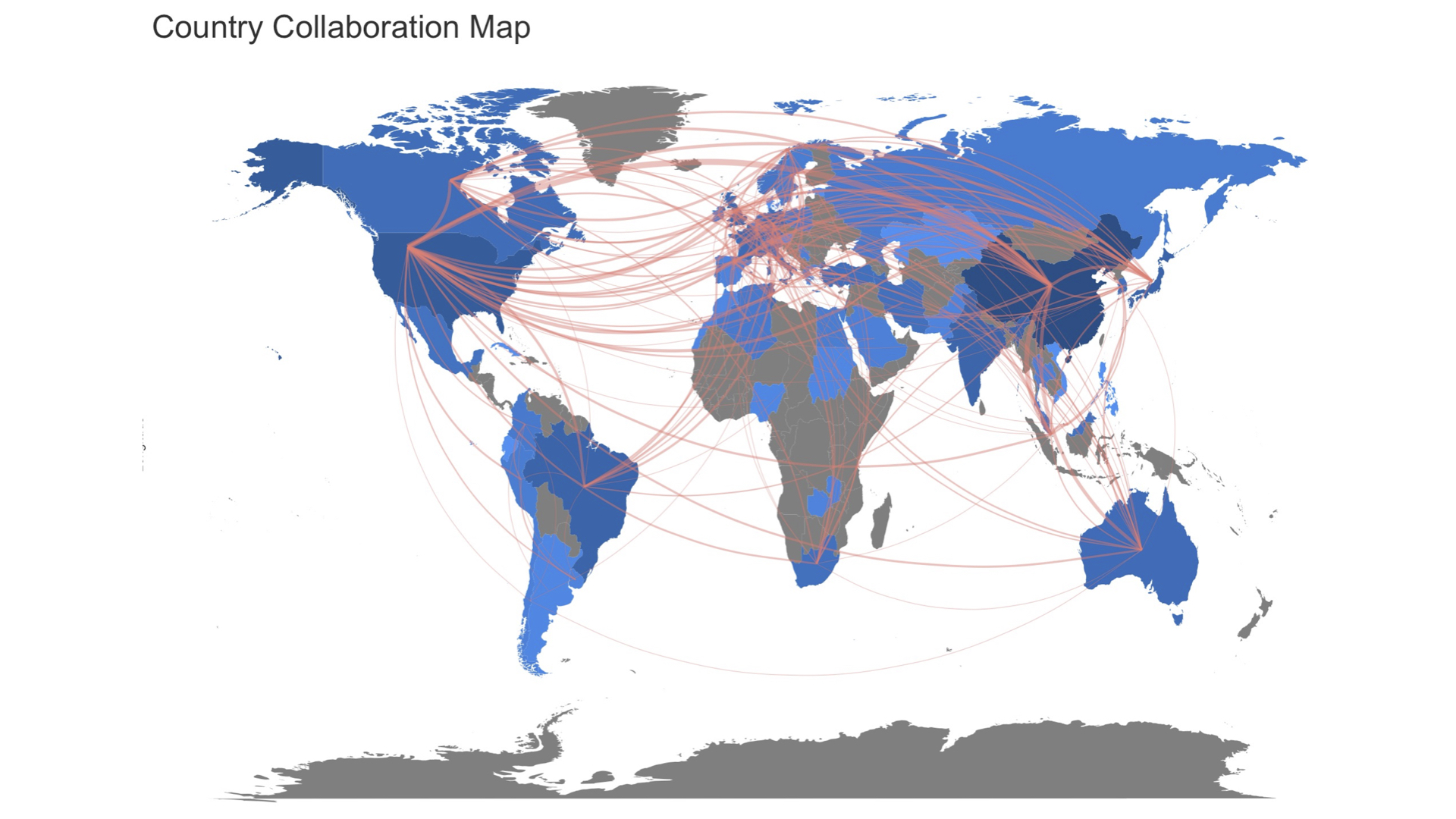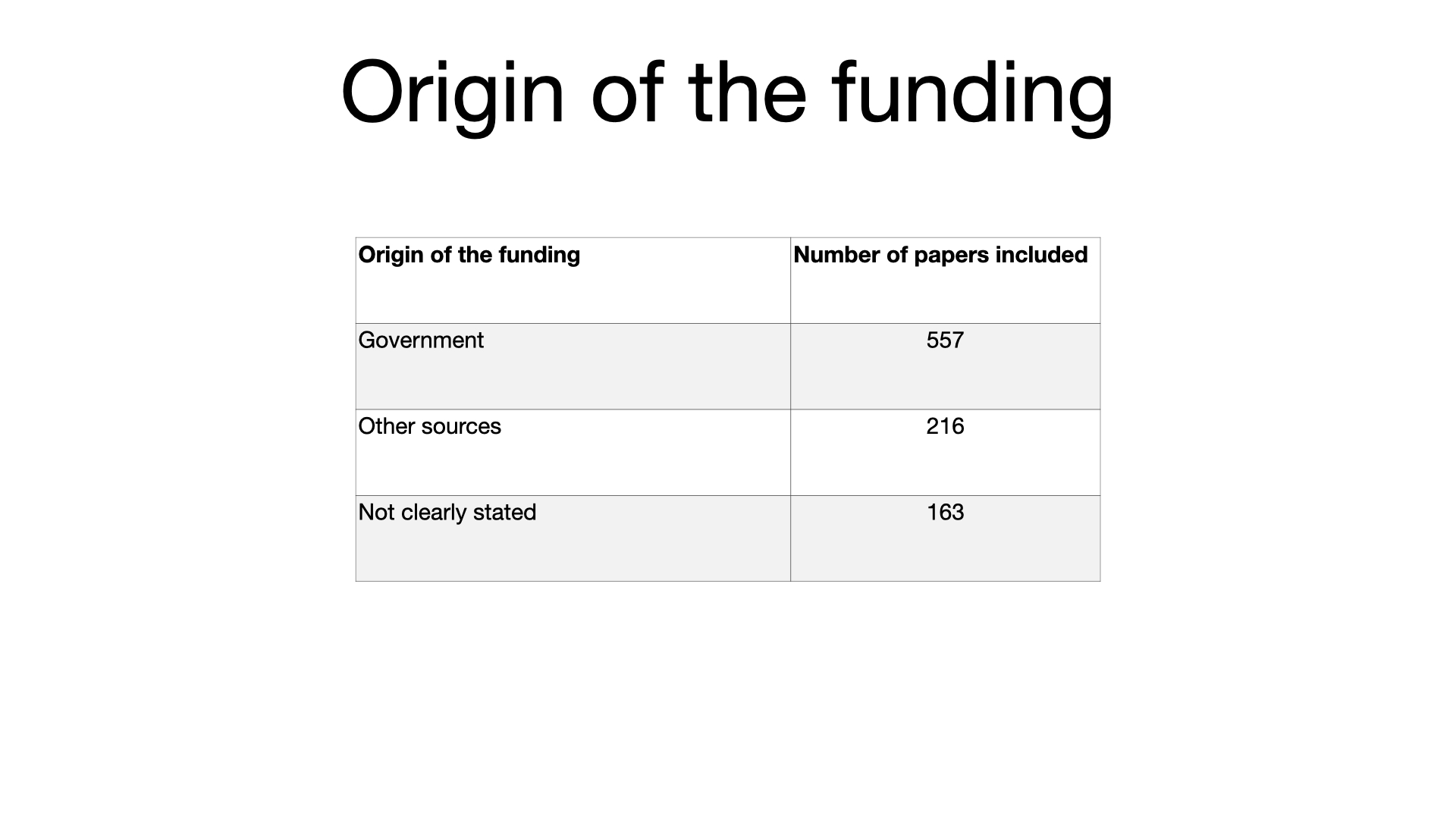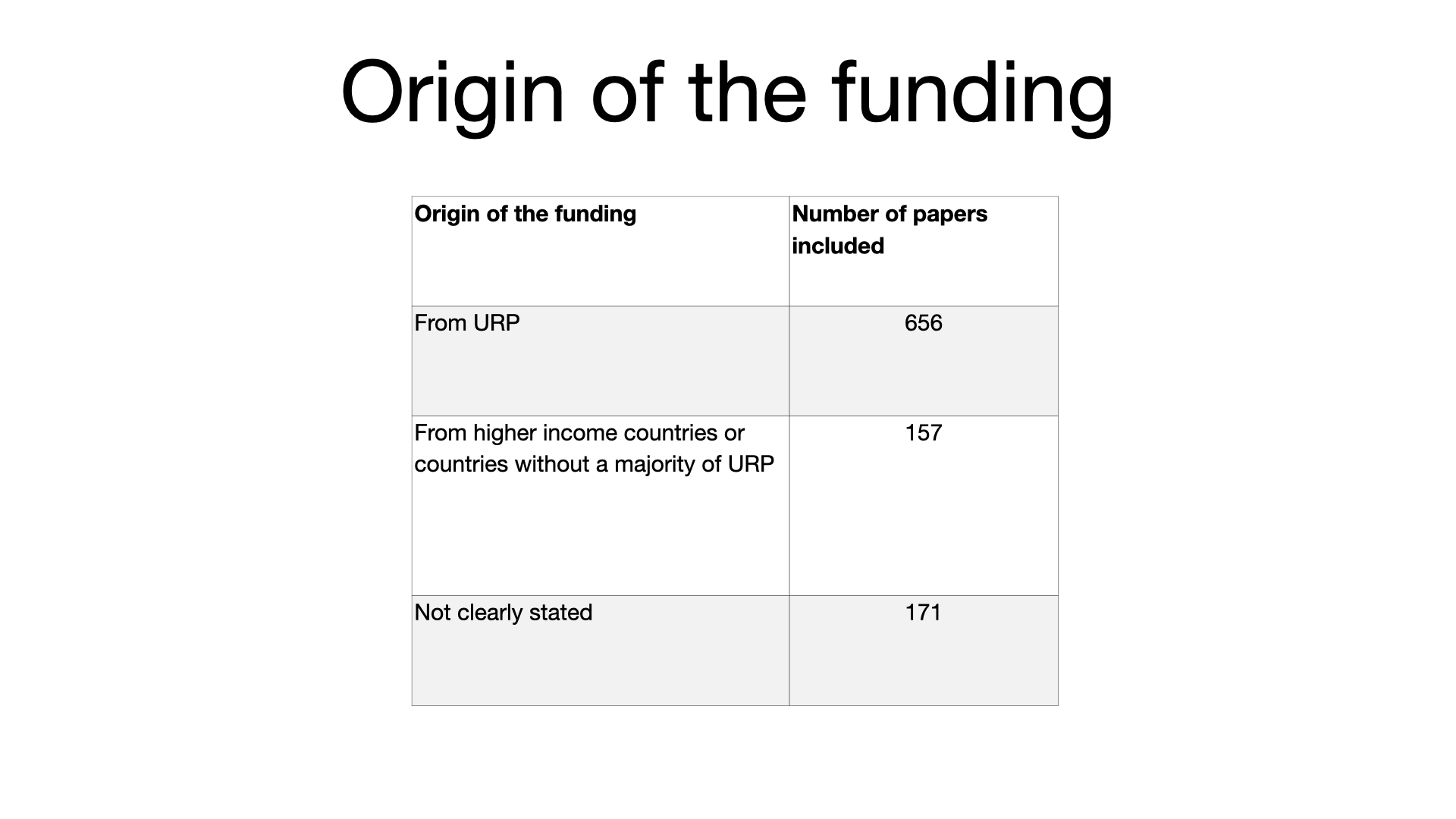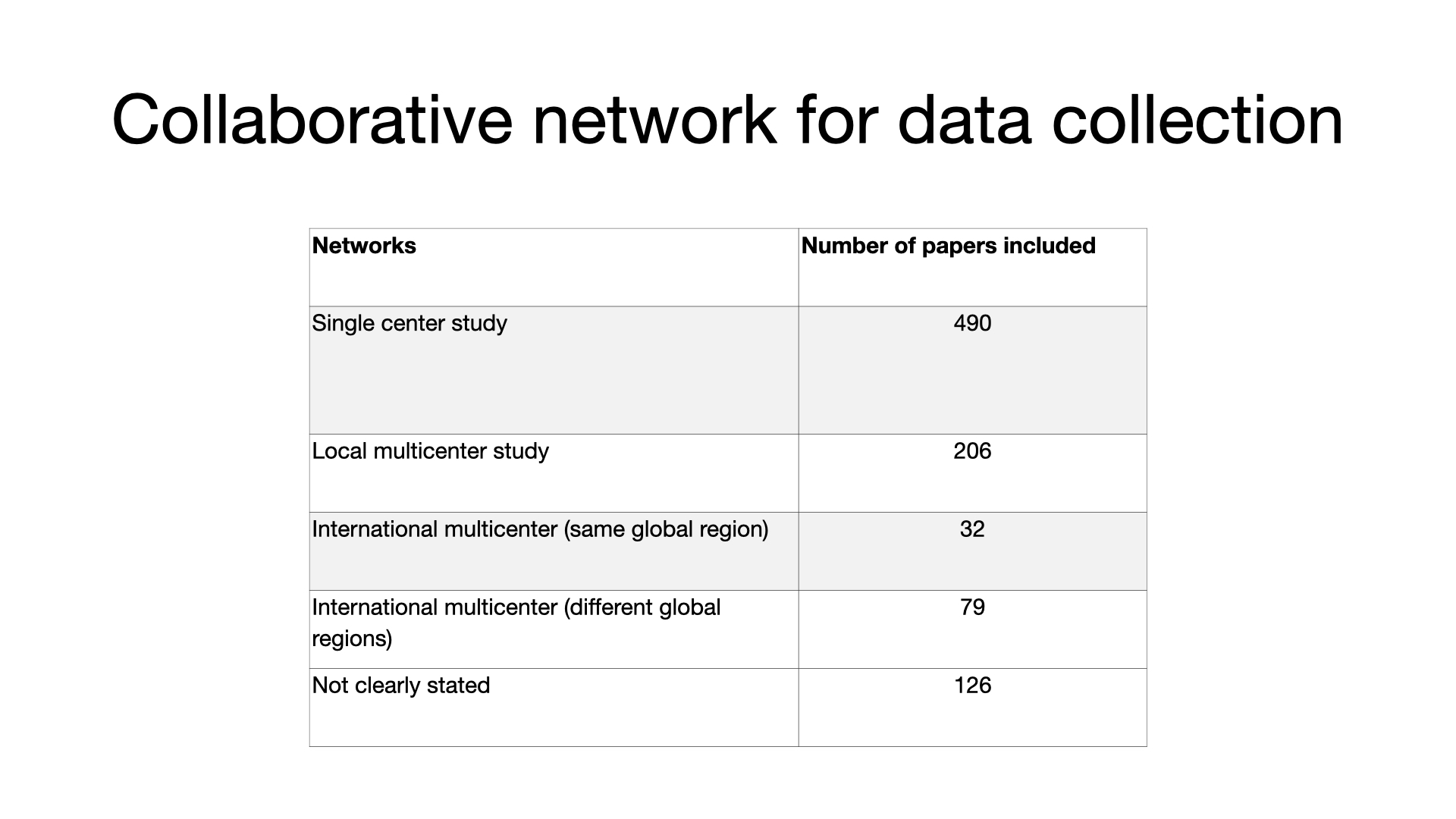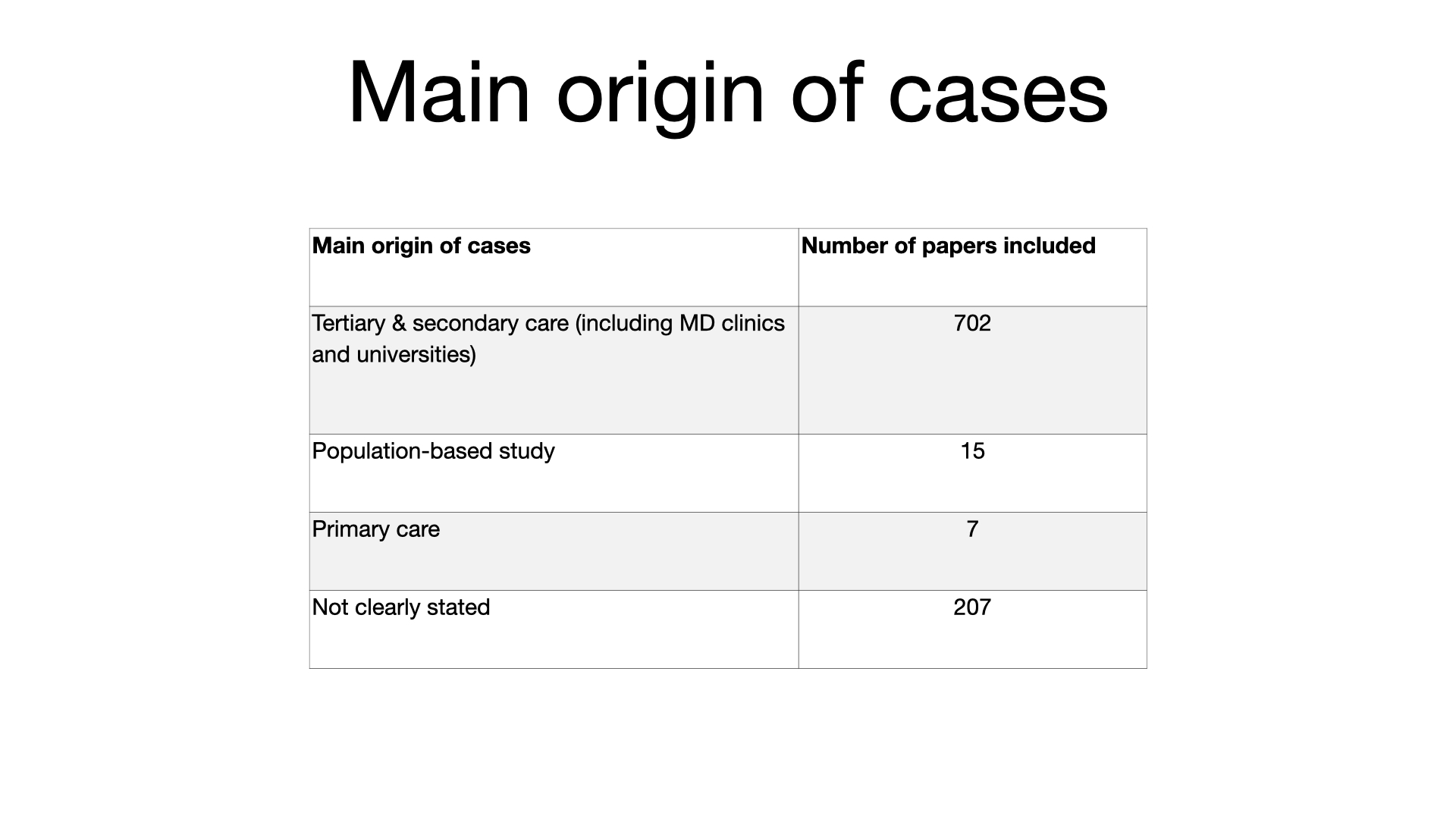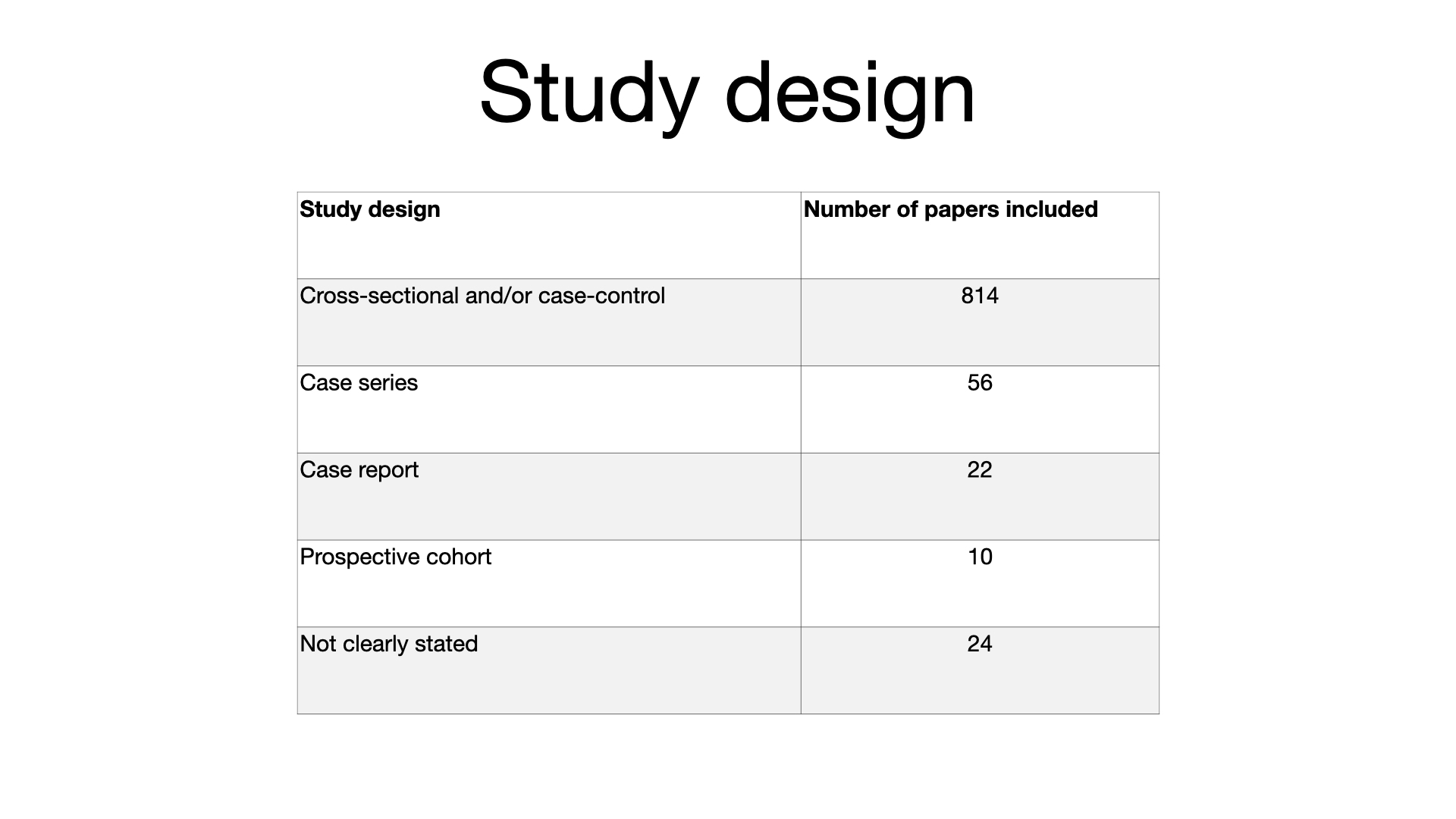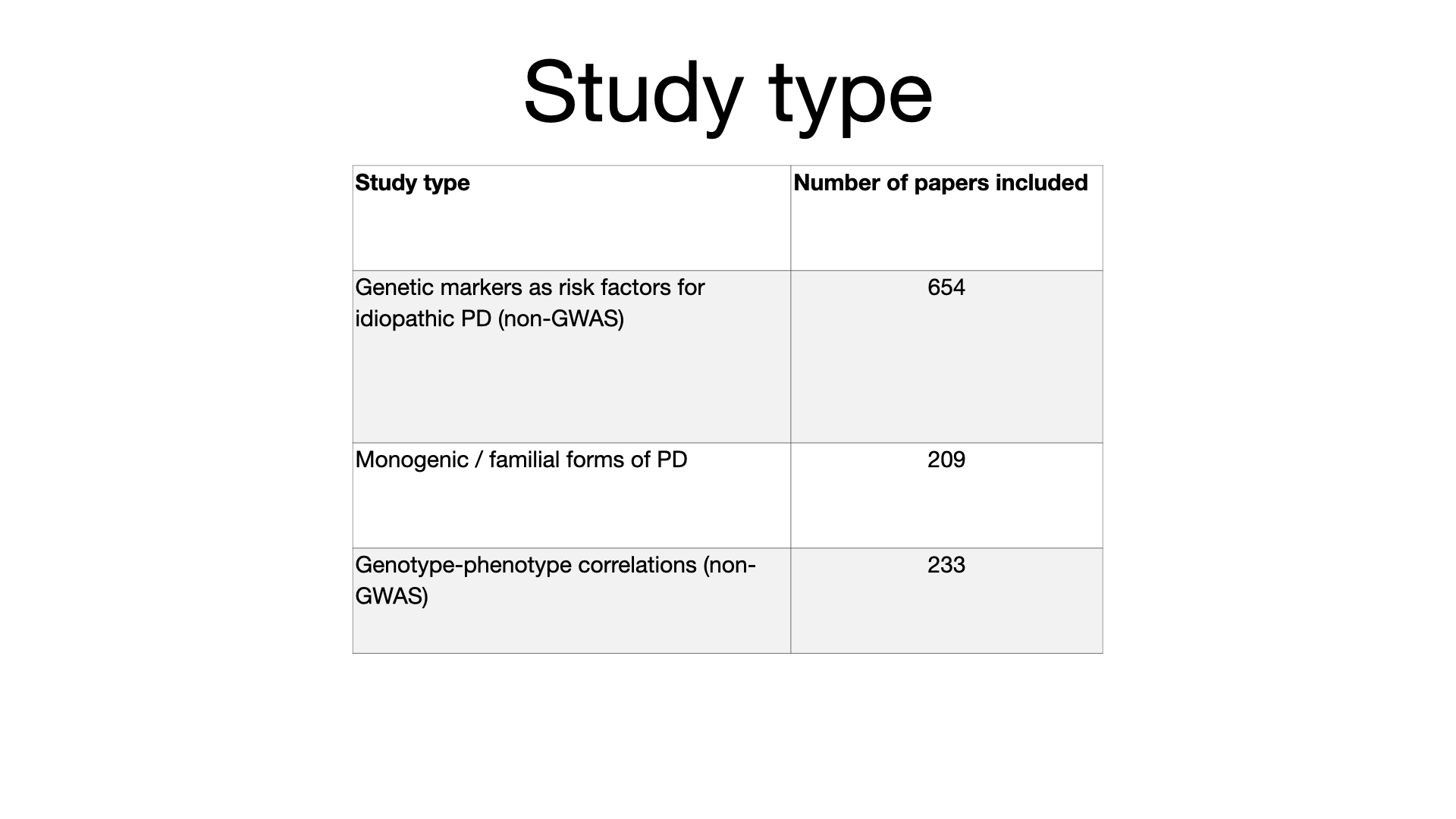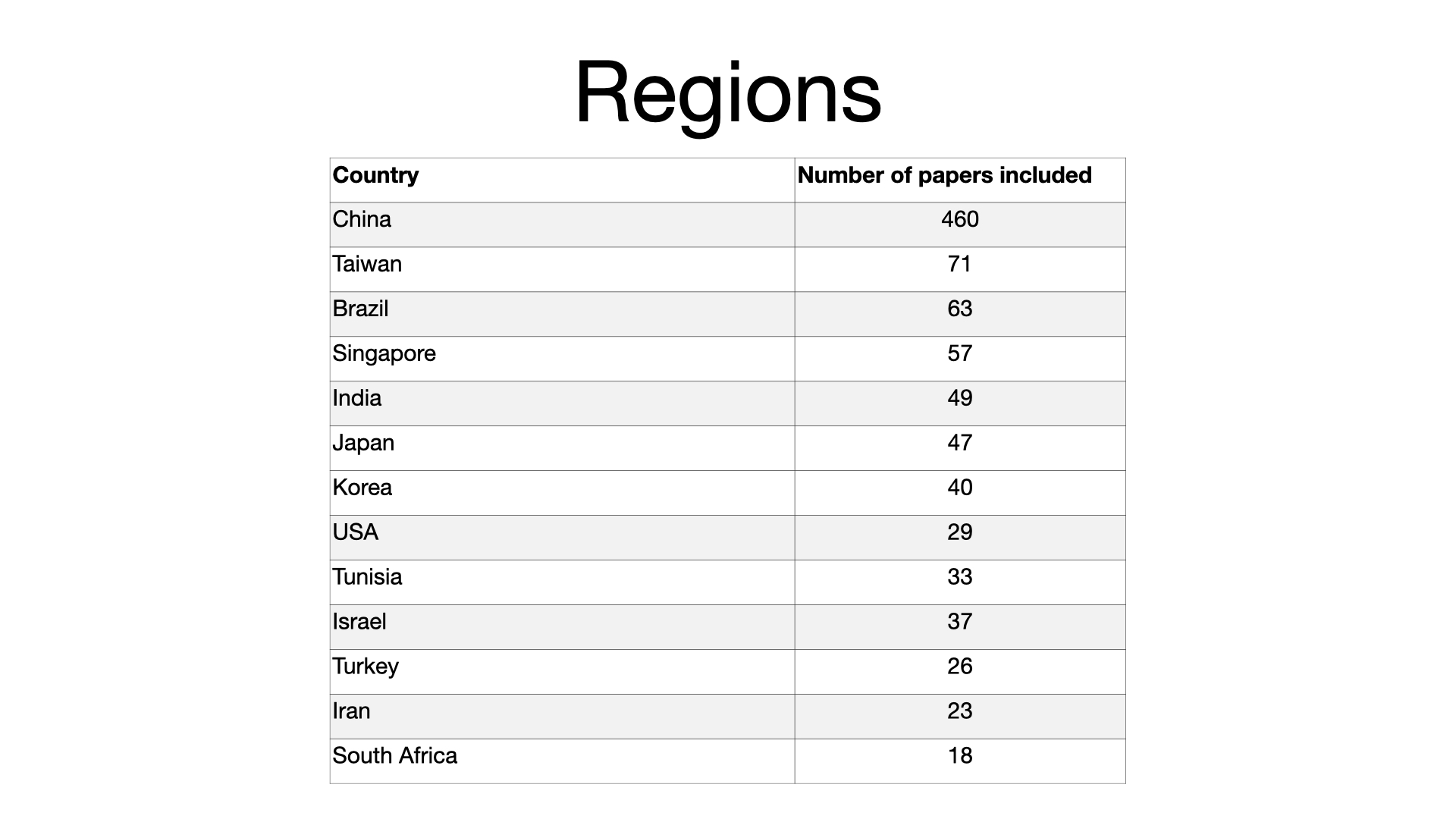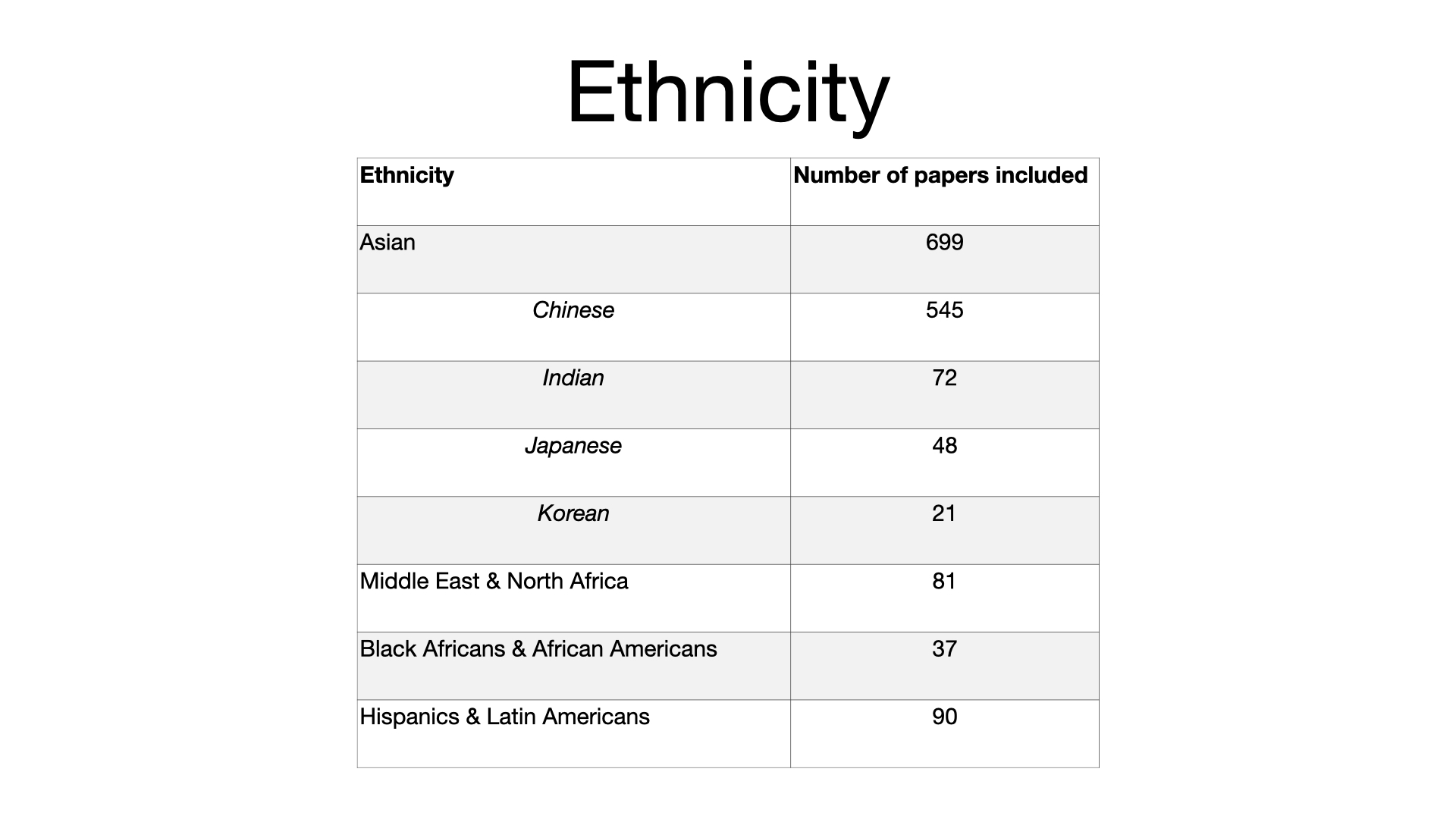Category: Parkinson's Disease: Genetics
Objective: We conducted a systematic review to summarize past studies on Parkinson’s disease (PD) genetics research among underrepresented populations (URP), defined as being non-European ancestry. We sought to identify strengths and limitations of previous research and set a baseline to measure the impact of future efforts.
Background: Genetics research lacks diversity. For example, more than 80% of all GWAS studies have been conducted on individuals of European ancestry. In addition to limiting insights regarding disease mechanisms, this disproportionate representation can create disparities when newer diagnostic and therapeutic approaches are proposed based on genetic information, preventing equitable implementation of personalized medicine.
Method: We searched PubMed and EMBASE until December 2020. The search strings contained terms for PD, genetics, the main URP and its regions, and lower to upper-middle-income countries. Inclusion criteria were original studies reporting genetic results on PD patients from non-European populations published in English. Two independent researchers screened titles and abstracts for inclusion criteria, and a third reviewer judged any discrepancies. The selected full papers were then examined by another reviewer to verify inclusion criteria and extract information.
Results: From 1,564 articles, we included 936 in the review. Asian populations were represented in 699 (75%), Latinos in 90 (9.6%), North African and Middle Eastern in 56 (6%), and Blacks in 37 (4%). A total of 494 (52.8%) studies evaluated genetic markers as risk factors for PD, 105 (11.2%) exclusively investigated monogenic/familial forms of PD, and 98 (10.5%) evaluated genotype-phenotype correlations. The majority were single-center studies (490, 52.4%).
Conclusion: Notably, there are considerable imbalances in genetic studies. While Chinese groups represent 58.2% of the articles published, studies on Blacks account for only 4%. Only 11.2% of the articles were on familial PD, while the majority focused on sporadic PD and used a candidate-gene strategy, which yields an inherent bias. Our results provide an insight into the lack of diversity lacking in PD genetics research and indicate to the global scientific community the need for better representation. We believe the GP2 project and similar initiatives will significantly impact research in URP, and these early metrics can be used to measure progress in PD genetics.
To cite this abstract in AMA style:
A. Schumacher-Schuh, A. Bieger, M. Strelow, O. Okunoye, K. Mok, A. Ahmad-Annuar, S. Bardien, S-Y. Lim, S. Rao, Y. Zewde, S. Dindayal, J. Azar, S. Lesage, I. Mata, GP2. Genetics Project. Lack of diversity in Parkinson’s disease genetic research: current landscape and future directions [abstract]. Mov Disord. 2021; 36 (suppl 1). https://www.mdsabstracts.org/abstract/lack-of-diversity-in-parkinsons-disease-genetic-research-current-landscape-and-future-directions/. Accessed December 24, 2025.« Back to MDS Virtual Congress 2021
MDS Abstracts - https://www.mdsabstracts.org/abstract/lack-of-diversity-in-parkinsons-disease-genetic-research-current-landscape-and-future-directions/

